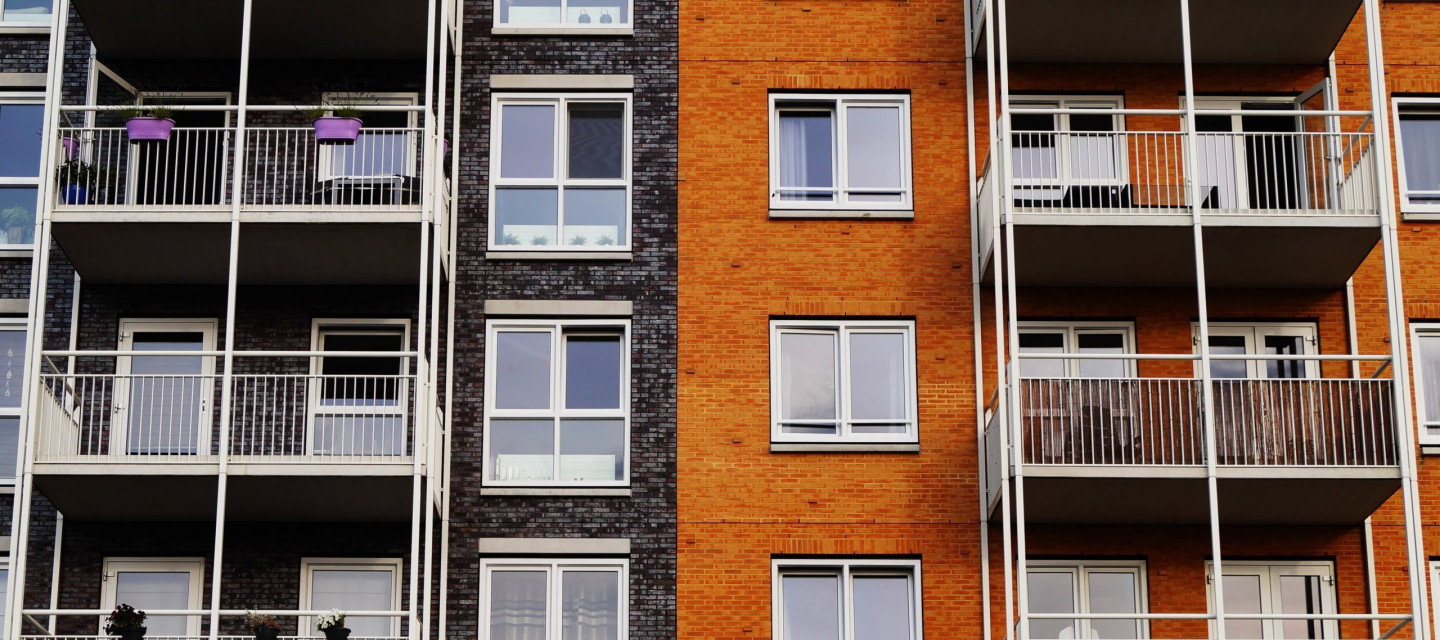In case the declared purchase consideration of the land/building is less than the stamp value (circle rate) by up to 20%, there will be no additional tax outgo for both the seller and the purchaser for the period 12th November 2020 to 30th June 2021. Earlier, the acceptable difference was 5% which was to be enhanced to 10% with effect from 01 st April 2021.
This move will also help developers in selling off their unsold inventory at up to 20% below the circle rate and the buyers in getting cheaper homes without any additional tax burden on either party. Let’s look at the relevant provisions of the Income Tax Act to understand the applicable tax relief.
Section 43CA of the Income-tax Act - for the seller
This section provided for deeming of the stamp duty value (circle rate) as sale consideration for the transfer of real estate inventory in the case the circle rate exceeded the declared consideration. The circle rate is the minimum rate per unit area fixed by the state governments for the sale of land or property and is
aimed at reducing stamp duty evasion by declaring lower sale values in the sale-purchase deeds.
Thus, even if the real estate was sold at a price below the circle rate, the circle rate was considered as the sale value for the calculation of the business profits of the seller. For example, if a house is sold by a developer for Rs 80 lakh but its value as per the circle rate is Rs 96 lakh, the developer is supposed to take Rs 96 lakh as the sale value for
calculating his profit.
Through Finance Act 2018, a difference of 5% between the two rates was declared to be acceptable. This was increased to 10% through Finance Act 2020. Now, the FM has raised this acceptable difference to 20%. Thus, in the above case, the difference is exactly 20% as seen below and the developer can consider Rs 80 lakh for calculating his profits from the sale.
Section 56(2)(x) of the Income-tax Act for the buyer
This section is applicable to the buyer and provides for stamp duty value to be deemed as purchase consideration even if the purchase was made at a lower price. As per the above example, the buyer is deemed to have received Rs 16 lakh (the difference between the stamp value and the sale consideration) and was supposed to declare this amount as ‘Income from other sources and pay tax on the same. Now, he will not have to pay any tax if the difference is up to 20% as is the case in the above example.
In summary, this announcement by the FM comes as a major relief to real estate developers who were struggling to offload their inventory due to lower demand in the market. The benefit is applicable, however, only for the primary sale of residential properties and not for commercial and secondary sales.


